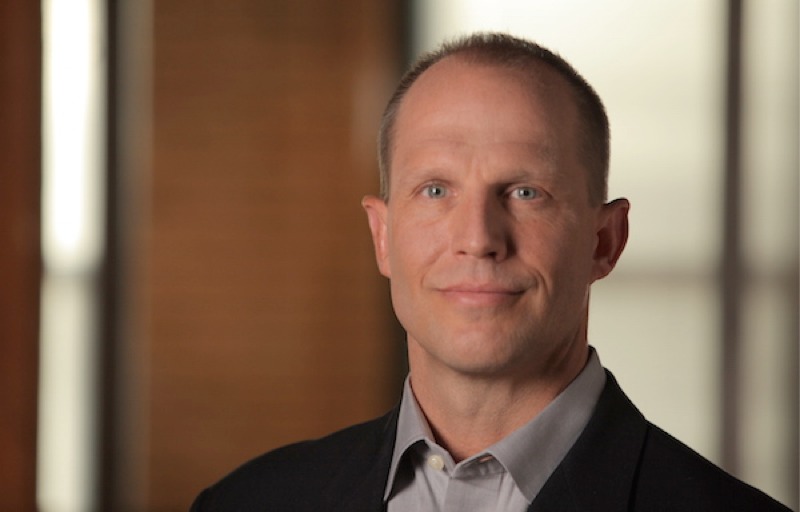 NEWS
NEWS
 NEWS
NEWS
 NEWS
NEWS
As competition for hiring top talent continues to heat up as the great tech bubble continues to go on its merry way, will Microsoft continue its dominance in the enterprise desktop market as new hires demand access to Apple machines instead?
The answer is yes, but its share will continue to decline in 2016, at least according to JAMF Software, LLC Chief Executive Officer Dean Hager.
In the latest in our series of predictions for 2016, Hager is also surprisingly bullish on the Apple Watch while also predicting that the year ahead will be the year of transformative mobile industry applications.
Hager’s 2016 predictions:
Hager believes that in 2016, Microsoft-based devices will lose enterprise desktop market share at an increasing rate.
“Let’s face it. It’s already happening. The decline of the PC is well-documented. Mobile is emerging, and Microsoft does not have a strong position in mobility,” Hager notes.
It’s not just mobile devices that are replacing Microsoft but also Apple MacBooks, as employees want to use what they’re already familiar with at home and in school at work.
The result is improved productivity, creativity and self-sufficiency in the workplace.
Hager claims that switch will occur as more organizations implement employee choice in order attract and retain top talent because choice is rapidly becoming an expectation; as Apple now offers two legitimate Microsoft replacement platforms, the MacBook and the new iPad Pro, and as IT organizations learn about zero-touch device deployment and simpler management with greater security, Apple will become IT’s preferred platform.
Hager notes that while the popularity of phone and tablets is nothing new, their use has been predominately for communication, convenience and personal productivity, all of which make organizations more efficient, but are not transformative.
“Organizational transformations can only occur when mission-critical business processes are radically changed, with the catalyst for that change being an application,” Hager notes. “There is no universal transformative business app, with a market such as the insurance industry requiring a different mission-critical solution than the construction industry, for example.”
Apple made a bold move in 2014 when it announced a partnership with IBM to specifically build out mobile industry solutions, then this year doubled down on this strategy with the creation of their Mobility Partner Program.
Hager predicts that this will result in substantially more mobile industry solutions launching in 2016 — largely for the iPad, with the sweet spot for mobile transformation coming at the point where an organization meets their customer — like in retail, where salespeople come out from behind the counter, in healthcare where a doctor meets the patient, in schools where teachers meet students and in all jobs with traveling field personnel.
Despite broad consensus that the Apple Watch was a complete flop in 2015, Hager predicts better things for the smart watch in 2016.
“There’s a word for people who bought the Apple Watch when it was introduced in 2015: enthusiast … with Apple, there are many enthusiasts – but enthusiasts don’t make a product wildly successful,” Hager notes.
“Real technology success comes from capturing the pragmatic buyers — the people who buy technology not to show it off, but because they see clear benefit, practical use cases, and want to keep up with the masses. That’s what happened with the Blackberry a decade ago, and then it happened with the iPhone a few years later.”
Hager claims that pragmatic buyers will start to buy the Apple Watch driven by Christmas 2015 — where, according to IBM Watson Trend, the Apple Watch is the number one most talked about gift this holiday season — and the release of a new, improved version of the Apple Watch sometime in 2016.
“Since pragmatists often wait for release two of technology before they buy, I expect Apple Watch 2, with its improved features, to reach the mass audience that a first version never would,” Hager adds. “When that happens, it means that CFOs — the most pragmatic position in business — will begin to wear them. And CFOs will want business information, notifications and approvals to be routed to their watch — igniting Apple Watch use cases for real business intelligence and processes.”
THANK YOU